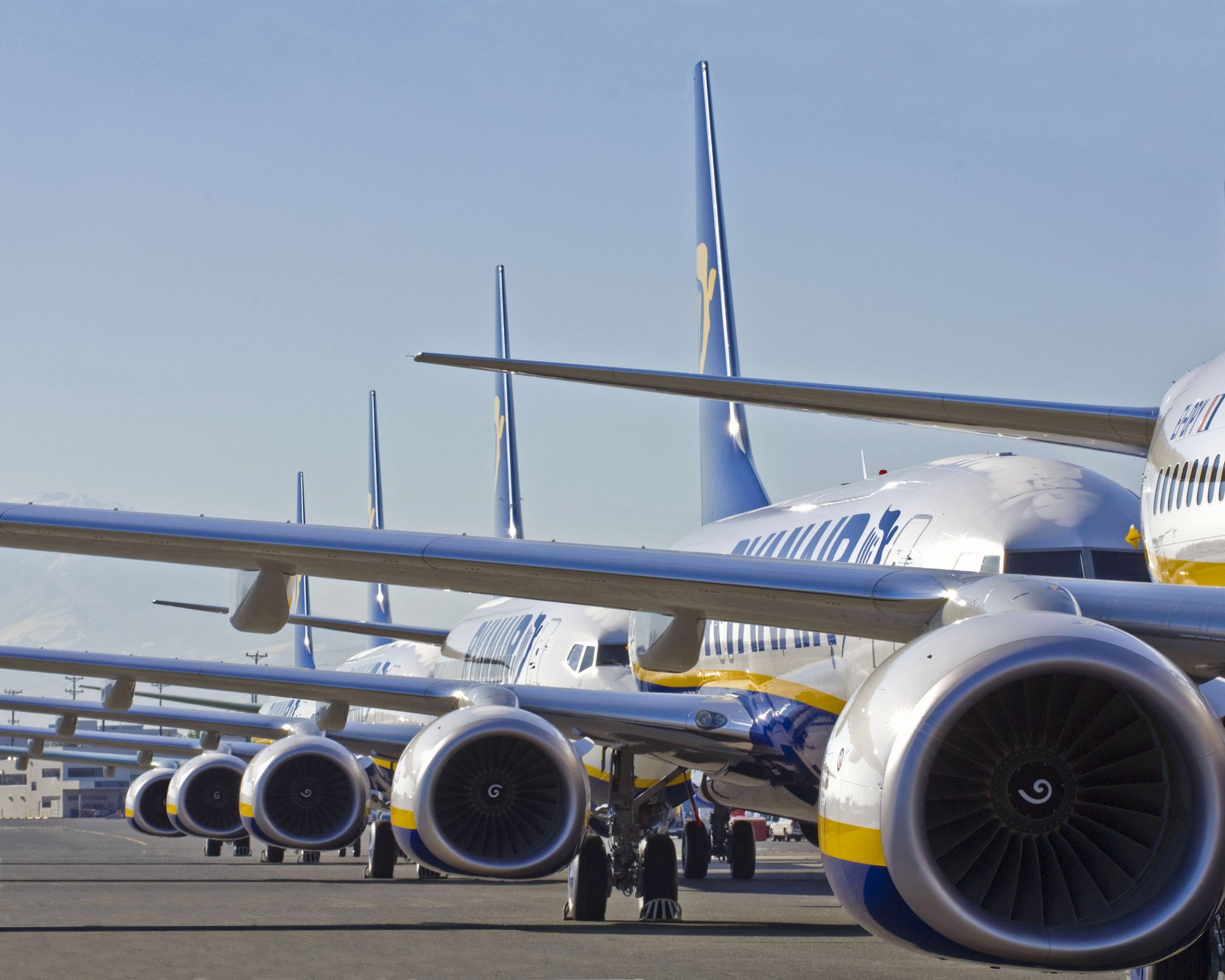Industry analysis at Bloomberg Intelligence (BI) has indicated that scope for earnings per share upgrades may be more limited in 2024 among European airlines; tempering strong post-pandemic recovery in 2023 with key issues of cost inflation, demand normalisation and consolidation.
With increased costs across operations (including wage inflation, maintenance and the price of jet fuel) harder to recoup from a drop in ‘pent-up demand’, the slow return of corporate travel is also unable to provide much of an offset, notes BI. However, “European airline consolidation progress in 2024 may pave the way to offsetting some margin threats,” adds BI industry analyst Conroy Gaynor, adding that antitrust reviews may still force slot sales.
The selected European airlines reviewed averaged a return of -25% since the end of Q2, returning an average of about -2% year-to-date (with WizzAir notably averaging -3%). However, Ryanair (43%) leads the gains, with the best performing legacy carrier IAG (31%) continuing to ‘exceed expectations on earnings’.
Although predicted traffic volumes in 2024 are set to surpass pre-pandemic levels, ‘inflation and debt servicing may weight on the margin rebound’ notes BI, and an industry consolidation ‘could be required to meet any profitability challenges and market-shares by budget rivals’. The 3.5x median blended forward EV-to-Ebitda ratio for the low-cost European airline peer group trailed its 7.7x average for the five years to 2019, although ‘valuations look badly hit by Russia’s invasion of Ukraine and the fuel inflation that followed’.
With consolidation an option to ‘eventually combat some structural profitability headwinds,’ Ryanair aims to be the dominant low-cost brand, with BI calculating the Irish airline to have a 26% bigger fleet as of September vs pre-pandemic. Despite WizzAir’s intentions of targeting even faster passenger growth rate between fiscal 2023-2030, it could be in for a challenging year as it sacrifices capacity gains for still-unresolved GTF engine grounding issues.
